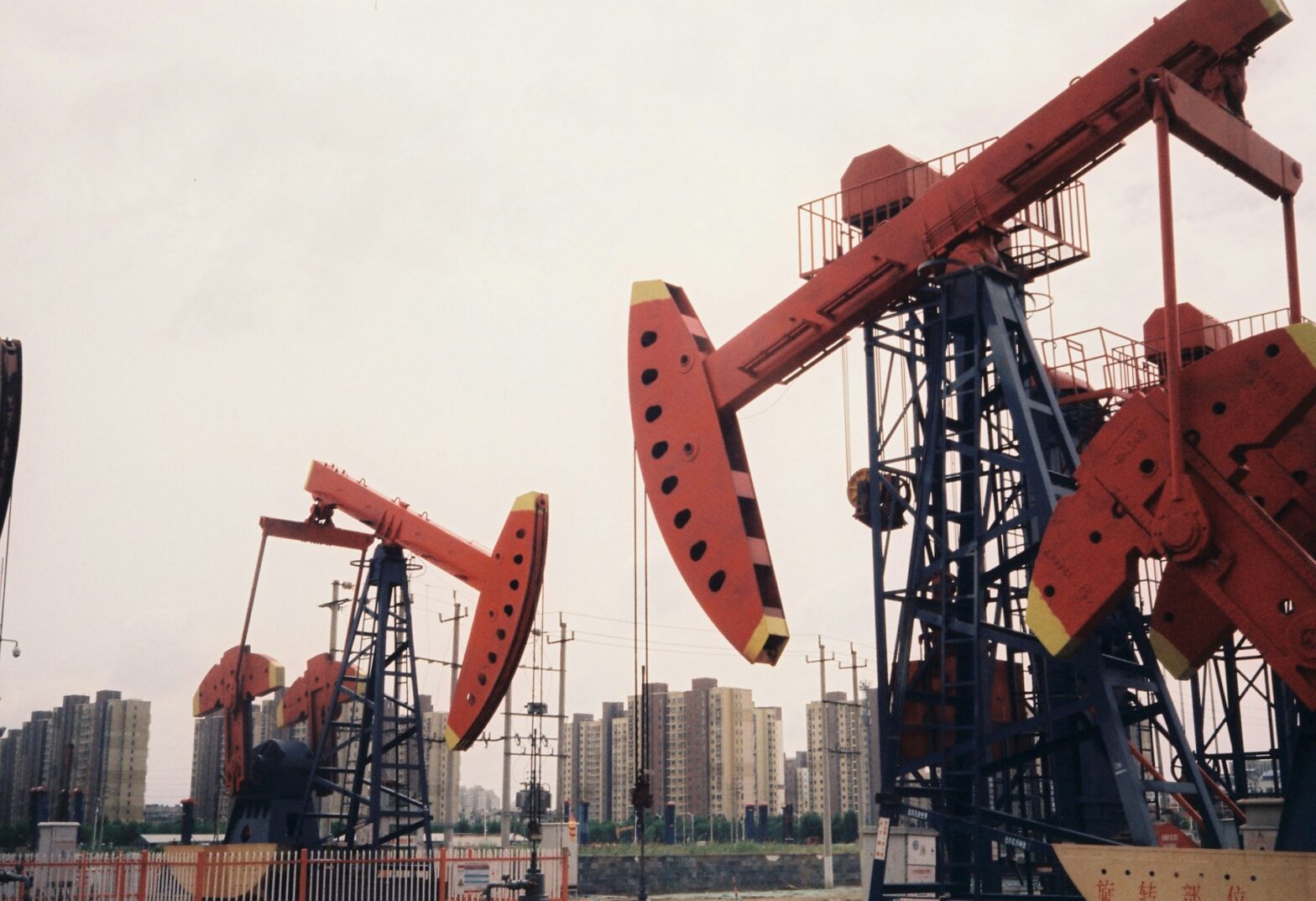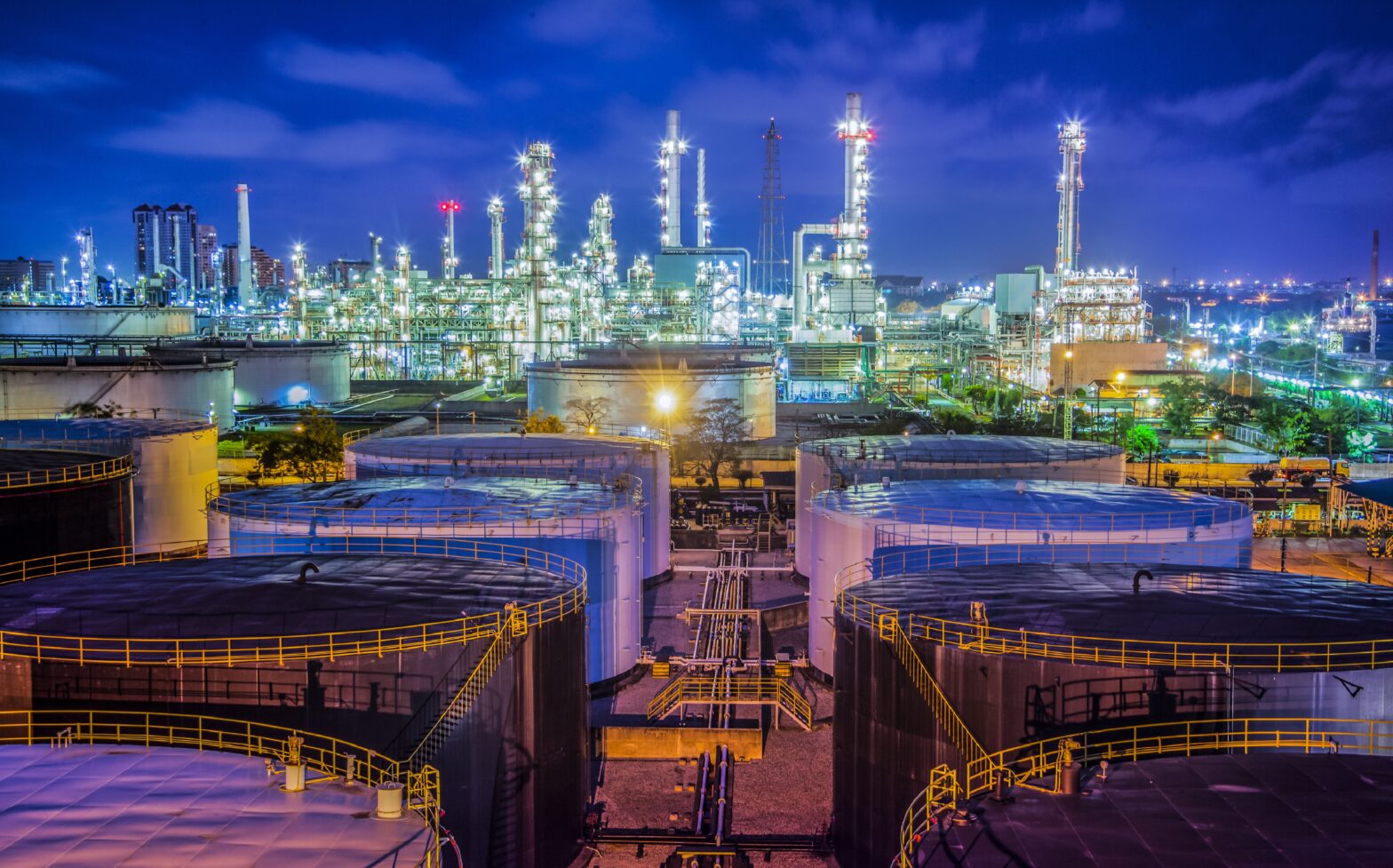Nigeria is at risk of losing approximately $31.5 million in oil revenue as the Trans-Niger Pipeline, one of the key pipelines in the country, shuts down amid escalating conflict in the oil-rich Niger Delta region.
Africa’s leading oil producer faces a major oil production setback following twin explosions at key crude oil pipelines in Rivers State.
Within 48 hours, two separate blasts occurred: one at a pipeline manifold in the Omwawriwa axis of Ogba-Egbema-Ndoni LGA and another on the Trans-Niger Pipeline (TNP) in Gokana LGA.
The TNP, recently acquired by Renaissance Group from Shell, is a critical oil transport infrastructure capable of moving 450,000 barrels per day from onshore fields to the Bonny Export Terminal.
Meanwhile, the explosion at the Omwawriwa manifold disrupted a federal pipeline transporting crude to the Brass terminal in Bayelsa. Both Bonny and Brass are historically significant oil export hubs in Nigeria.
While the exact cause remains uncertain, early reports suggest sabotage—a long-standing issue in the Niger Delta.
The damage could reduce Nigeria’s daily crude output by no less than 450,000 barrels, with significant financial implications. At a Brent oil price of less than $70 per barrel, this disruption could lead to a daily revenue loss of approximately $31.5 million.
Rivers State has been embroiled in months of political turmoil, fueled by tensions between Governor Siminalayi Fubara and his predecessor, Nyesom Wike, now Minister of the Federal Capital Territory.
Amid the escalating crisis and failure of previous peace efforts, President Bola Tinubu declared a state of emergency on Tuesday, suspending Governor Fubara, the deputy governor, and all state lawmakers for an initial six-month period.
Tinubu defended his decision, citing the governor’s failure to address recent attacks on critical infrastructure:
“The latest security reports made available to me show that between yesterday and today, there have been disturbing incidents of vandalization of pipelines by some militants without the governor taking any action to curtail them.
“I have, of course, given stern orders to the security agencies to ensure the safety of the good people of Rivers State and the oil pipelines,” Tinubu said.
The state of emergency has sparked allegations of constitutional breaches by the federal government, but the broader concern remains the impact of political instability on oil production in one of Nigeria’s key oil-producing regions.
The explosions and subsequent shutdowns come at a crucial time for Nigeria’s oil industry. In December 2024, the country met its OPEC production quota of 1.5 million barrels per day (bpd) after a prolonged battle against oil theft.
Inspired by this success, the government set an ambitious target of 2.06 million bpd to finance the N54.99 trillion 2025 budget, with a projected oil price of $75 per barrel.
However, the recent disruptions in Rivers State threaten this goal, raising fears of renewed sabotage, oil theft, and unrest, which could drive production down to nearly 1 million bpd.
The declaration of a state of emergency may also prompt oil operators to declare force majeure, potentially halting production until damaged infrastructure is restored.
Security agencies have detained several individuals for questioning, but Nigerians await definitive answers regarding the explosions.
As the country navigates both political and economic crises, the federal government faces mounting pressure to restore stability—both in governance and in the vital oil sector that sustains Nigeria’s economy.










